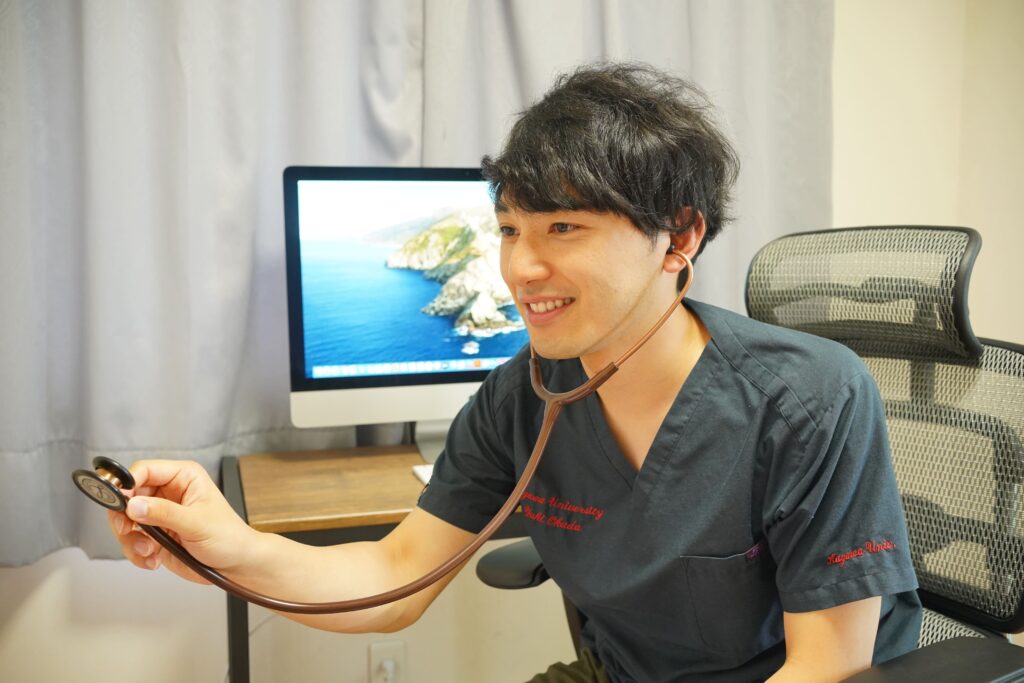I want to create a society where no one dies from cancer

“Cancer Testing”
We are currently collaborating with various medical institutions to make tumor-marker screenings more accessible. However, many cancers cannot be detected early by markers alone. To address this, we are building a testing system capable of ultra-early cancer detection from just a single drop—indeed, a very small volume—of blood. By enabling at-home cancer testing and bringing screenings into everyday life, we aim to create a society in which no one dies from undiagnosed cancer. Specifically, our method measures microRNAs produced by tiny cancer cells to detect disease while tumors are still minuscule.
That said, introducing this approach into routine clinical practice still faces challenges: issues of accuracy remain, and the optimal testing frequency is not yet established. At Setolabo, we plan to leverage data‐science techniques and further research to refine our system, initially offering it as a self-paid clinical service.
Detecting microRNA (miRNA) that occurs in each cancer type for ultra-early cancer detection
Diagram reference:https://www.wikiwand.com/en/MicroRNA

We detect microRNAs—small molecules released by tiny cancer cells—to identify cancer while tumors remain minute. Though this approach was first described in academic papers over a decade ago and is technically established, it has yet to reach clinical practice in Japan. That’s because obtaining Ministry of Health, Labour and Welfare approval requires exceptionally rigorous clinical studies, and the equipment needed for miRNA assays is not yet widely available.
To overcome these barriers, our plan is to:
- Develop robust methods for detecting the specific microRNAs released by each cancer type.
- Enhance the assay’s sensitivity and specificity.
- Leverage data science to determine whether additional invasive tests are necessary.
By achieving these three goals, we will establish a truly ultra–early cancer–detection technology.
